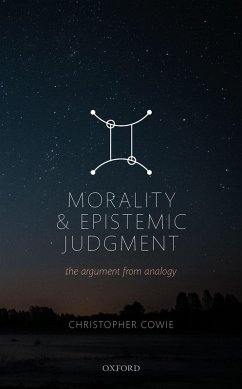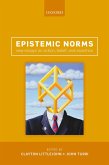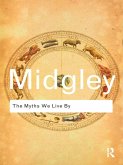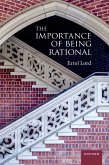Moral judgments attempt to describe a reality that does not exist, so they are all false. This is the moral error theory, a deeply troubling yet plausible view that is now one of the canonical positions in moral philosophy. The most compelling argument against it is the argument from analogy. According to this, the moral error theory should be rejected because it would seriously compromise our practice of making epistemic judgments-judgments about how we ought to form and revise our beliefs in light of our evidence-and could undermine systematic thought and reason themselves. Christopher Cowie provides a novel assessment of the recent attention paid to this topic in moral philosophy and epistemology. He reasons that the argument from analogy fails because moral judgments are unlike judgments about how we ought to form and revise our beliefs in light of our evidence. On that basis, a moral error theory does not compromise the practice of making epistemic judgments. The moral error theory may be true after all, Cowie concludes, and if it is then we will simply have to live with its concerning consequences.
Dieser Download kann aus rechtlichen Gründen nur mit Rechnungsadresse in A, B, BG, CY, CZ, D, DK, EW, E, FIN, F, GR, HR, H, IRL, I, LT, L, LR, M, NL, PL, P, R, S, SLO, SK ausgeliefert werden.









